MEDLAND: Why racing isnt central to Monacos future

Politically, it felt like a game of poker was stuff played in Monaco last weekend.
It wasn’t an very game taking place in the iconic Monte Carlo Casino that forms a scenery for one of the sections of track that Formula 1 cars race around, but there was plenty of spoofing and trying to work out who unquestionably holds the cards when it comes to F1 and Monaco.
The Monaco Grand Prix is a bit of a love-it-or-hate-it race for many people, with the often processional offering on a Sunday threatening to overshadow the superstitious spectacle that qualifying can provide 24 hours earlier.
Drivers know that everything rests on that one-lap pace and the job they do on a Saturday, considering it’s so rare to be worldly-wise to make up any ground yourself in the race. Sure, as Charles Leclerc found to his cost, your team can have a big hand in where you finish due to strategic calls, but so little of the order reshuffling is lanugo to the way a suburbanite is performing.
Take Fernando Alonso’s pace in the second part of the race, for example. Alonso unmistakably didn’t think he was going any remoter up the order considering overtaking is impossible, so he was a number of seconds slower than those superiority for a spell and still never came under proper wade from Lewis Hamilton behind, much to Toto Wolff’s frustration.
“That was the usual upturned race in Monaco — and once again, a lesson that we need to squint at this spin layout, so people can’t momentum virtually five seconds off the pace in a procession,” Wolff said. “This is a fantastic venue and spectacle but it would be unconfined if the racing could be at the same level.”
But it’s not the racing — or lack of it — that is in play when it comes to discussions well-nigh the race’s future. It’s a lot of other things virtually the event, some of which are very obvious to fans and others not so much.
For starters, the race hosting fee is a completely invisible speciality to you and I, but it’s a crucial one. Monaco does pay for the privilege of hosting a grand prix, but the value pales into insignificance when it comes to some of the figures stuff demanded of other venues such as Saudi Arabia or Singapore.
F1 isn’t silly unbearable to think it should be quadrupling the value it gets from Monaco in order to hold a race, but it does finger the synonymity ways Monaco as a destination benefits profoundly from stuff on the timetable and should be paying increasingly than it currently is.
And that’s surpassing you factor in some of the concessions that are once made for Monaco to host a race. One of them is the worthiness for the local organizers to sell their own trackside advertising, leading to the slightly unconvincing situation where drivers round Mirabeau next to F1’s proud Rolex sponsorship only to then pass signage for TAG Heuer surpassing they plane reach the hairpin due to a deal with the Monegasques.
That might be a discussion that F1 can have with one of its partners that is relatively simple, but it’s far increasingly ramified when the sport is stuff criticized for the poor television coverage that it is providing to the world. And that’s not really F1’s fault, either.
At the majority of races, Formula 1 itself controls the world feed output that all broadcasters receive, so from five minutes surpassing the race to the end of the podium celebrations the same images are stuff shown everywhere. But in Monaco, a local television director is the one in charge, and that has led to increasingly questionable decisions in terms of what is stuff shown on screen and what isn’t.
For that, F1’s own reputation takes a small but worrying hit, and the multiple broadcasters that combine to put hundreds of millions of dollars into the sport’s finance are not overly happy well-nigh the product they are stuff served up.
F1 moreover wants managerial changes at the Automobile Club de Monaco moving forward, to make it a increasingly productive working relationship, which is a move that could lead to all of the same issues stuff increasingly hands discussed.
It’s unlikely that all of those variegated aspects will be addressed in the next contract, but the length of any deal could be telling. A shorter-term try-on will suggest there are still key points that F1 is not satisfied with and it wants remoter negotiations in the near future, while a longer-term transferral would point to the sport getting the majority of what it wants.
But the standout omission from all of that is the track itself, which is so heavily restricted by the location and infrastructure that surrounds it. There’s a unstipulated visa from those in tuition that one race out of 22 (or 23, or 24 depending on how next year shapes up) is winning as one that is scrutinizingly exclusively specified by qualifying on a Saturday.
It’s still a race that carries so much prestige and ways so much to the teams and drivers competing, plane if the 78 planned laps on a Sunday don’t often lead to much in the way of racing. You only have to squint at Sergio Perez’s reaction on the podium to know how special a Monaco win is for a driver, and it’s events that instill that sort of emotion that should be on the calendar.
F1 will have to transmute to fit Monaco if it wants a largest racing spectacle, with the hope that smaller, lighter cars in 2026 can modernize opportunities for overtaking just that little bit more, and turn “impossible” into “very difficult”.
But if Monaco wants to reach the point where it gets to see if those new cars work largest on its municipality streets, then it is going to have to make a few concessions of its own first.

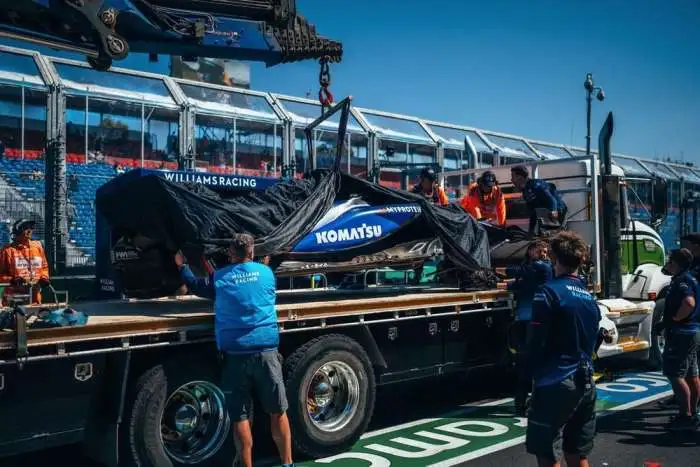
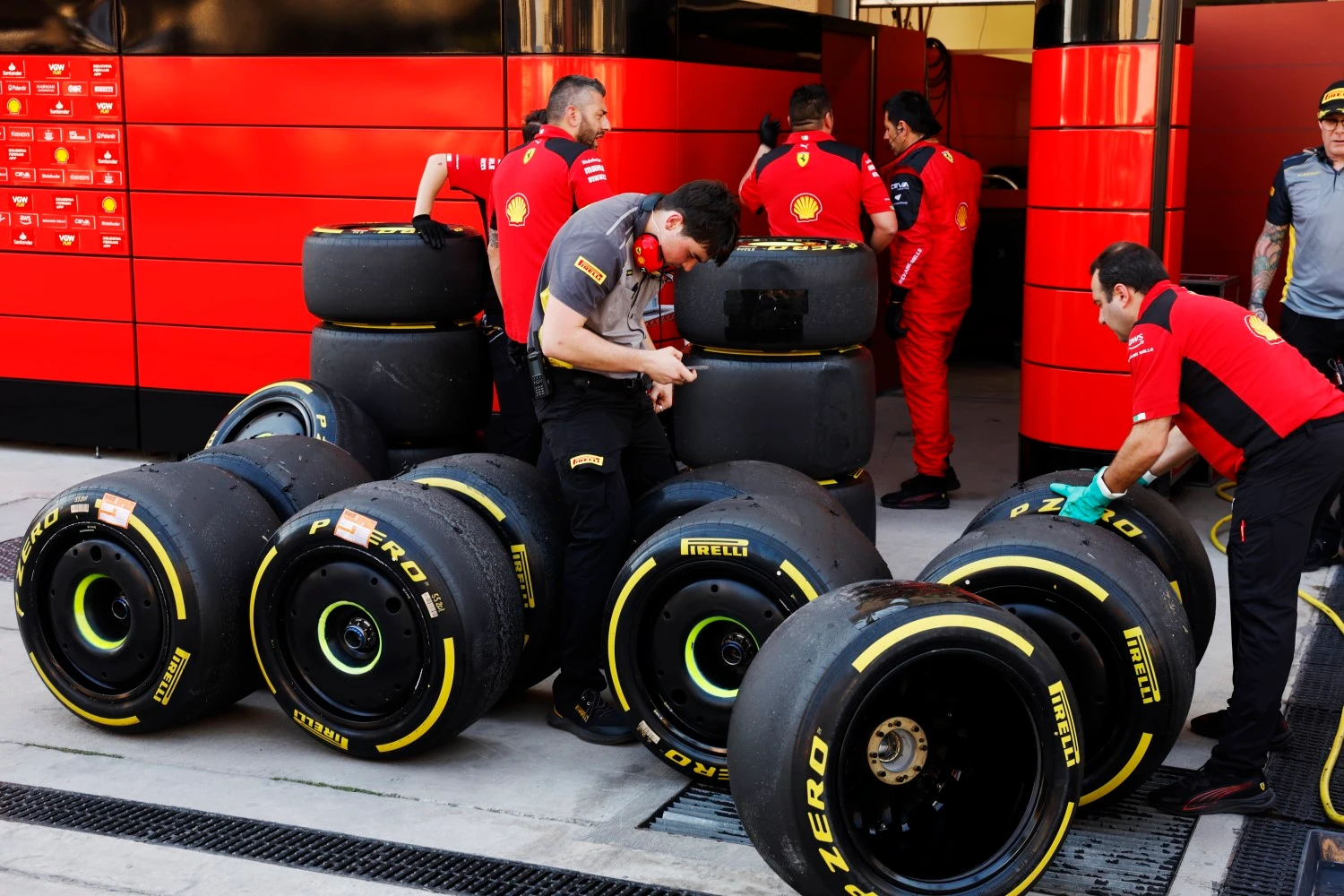
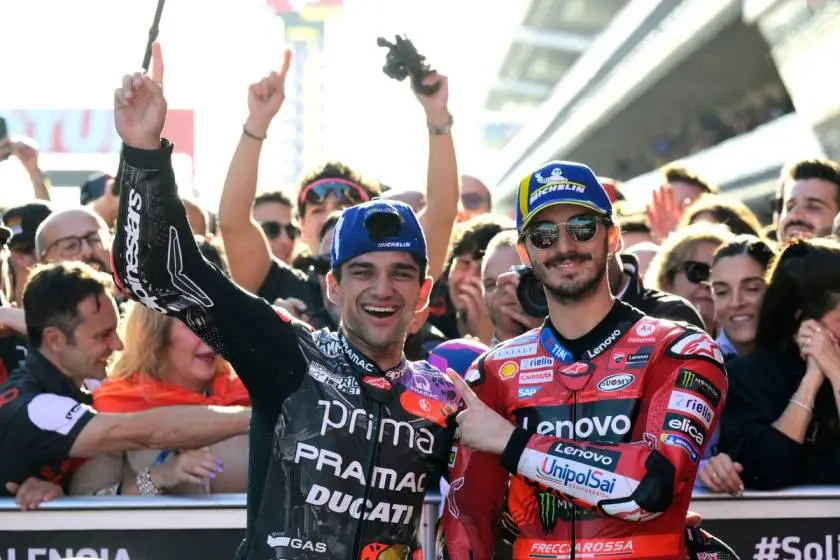
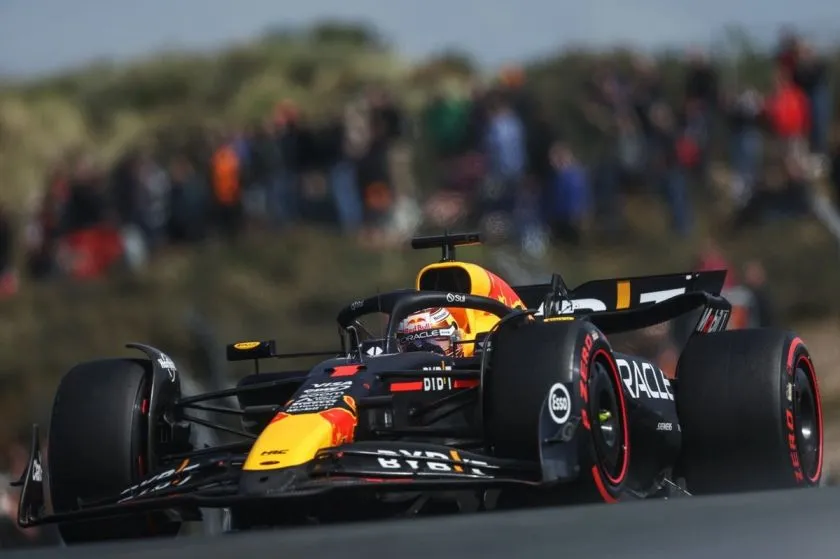
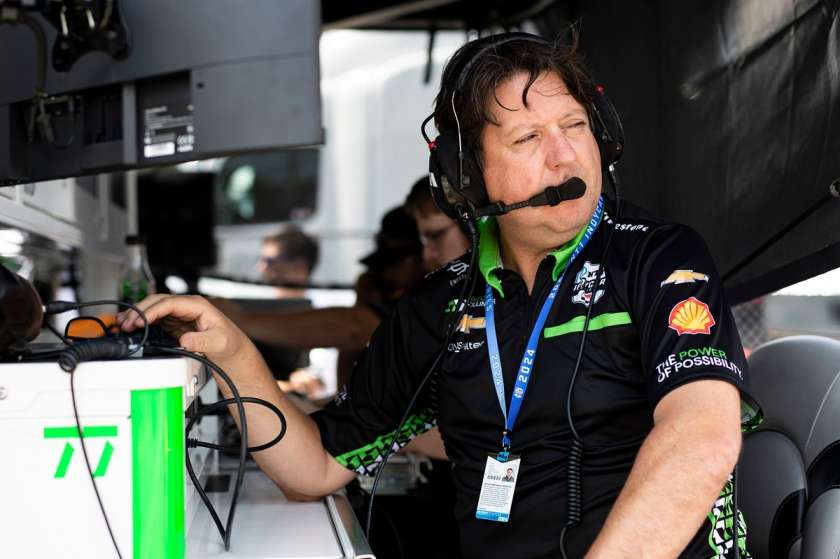
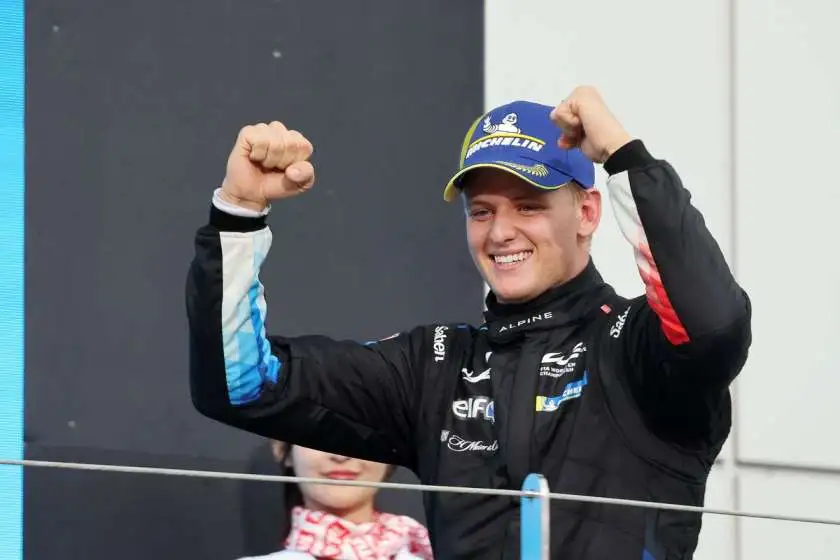
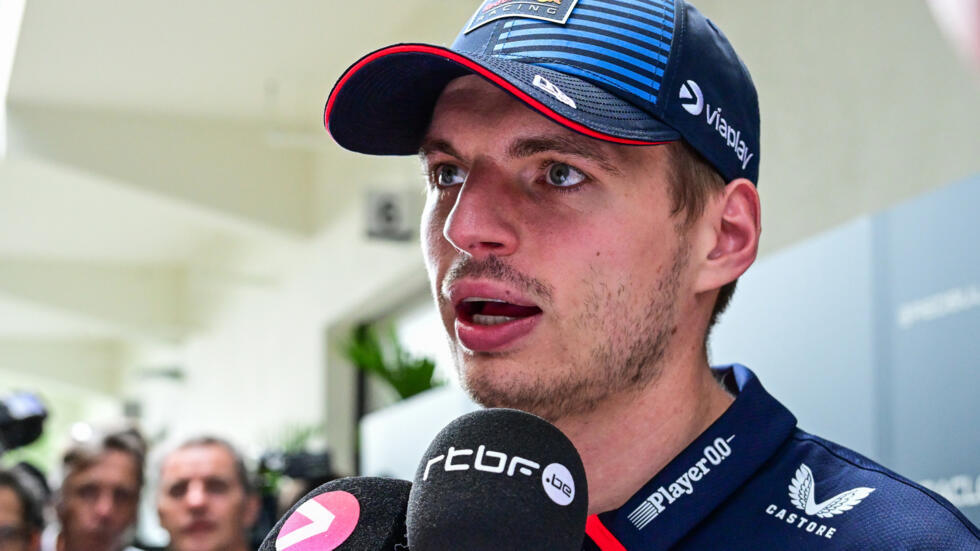
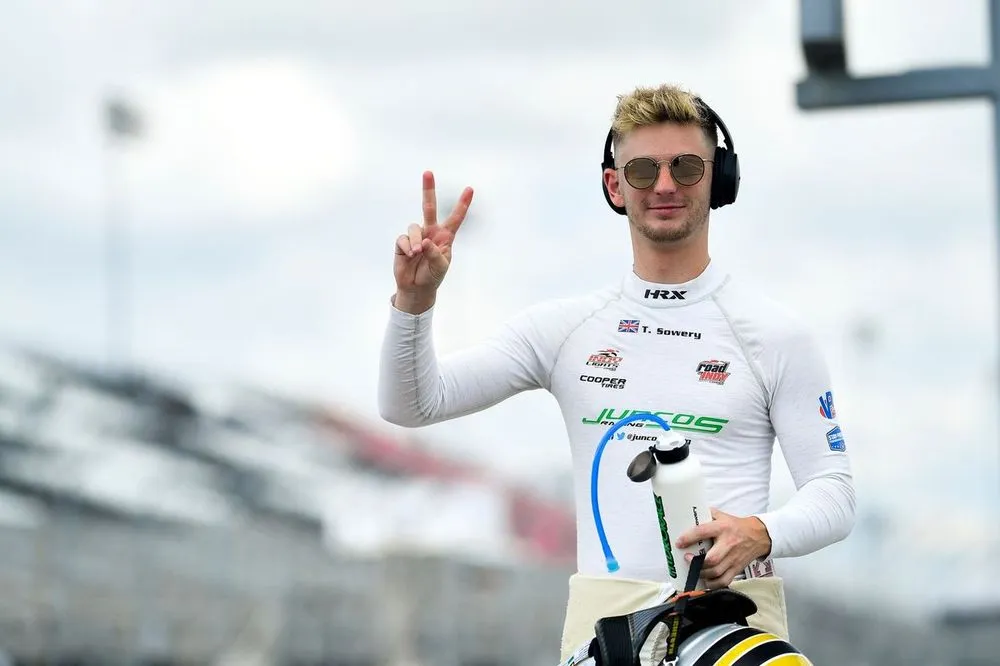
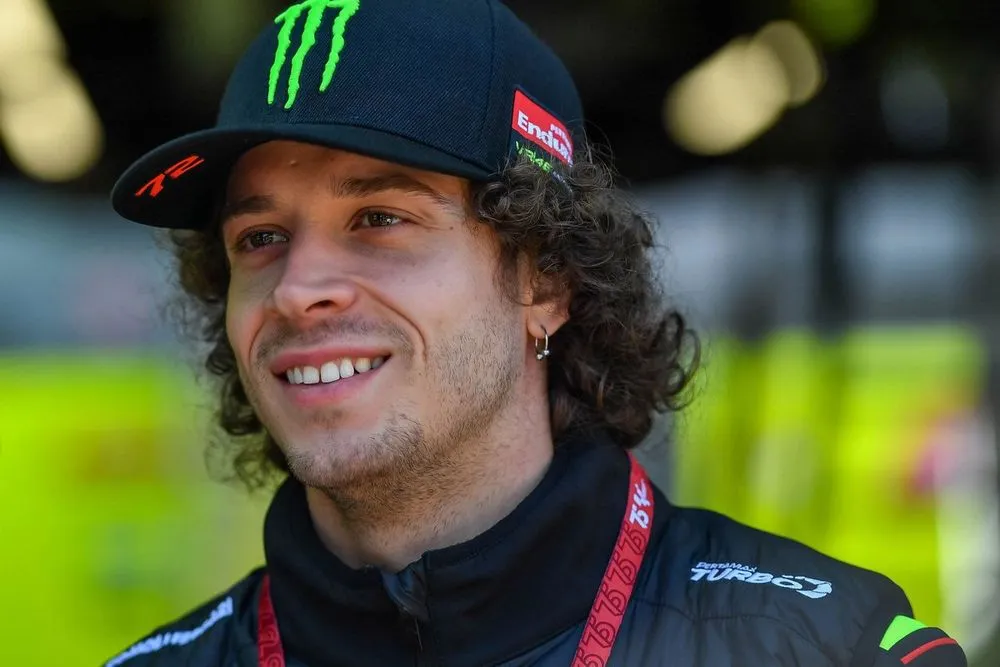
.webp)
 (1).webp)
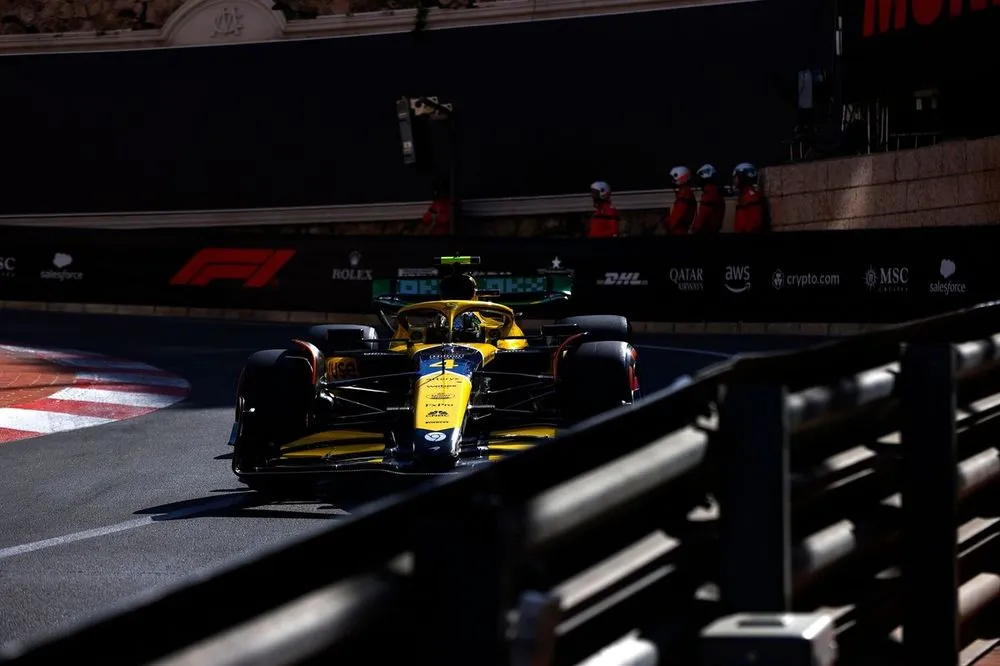
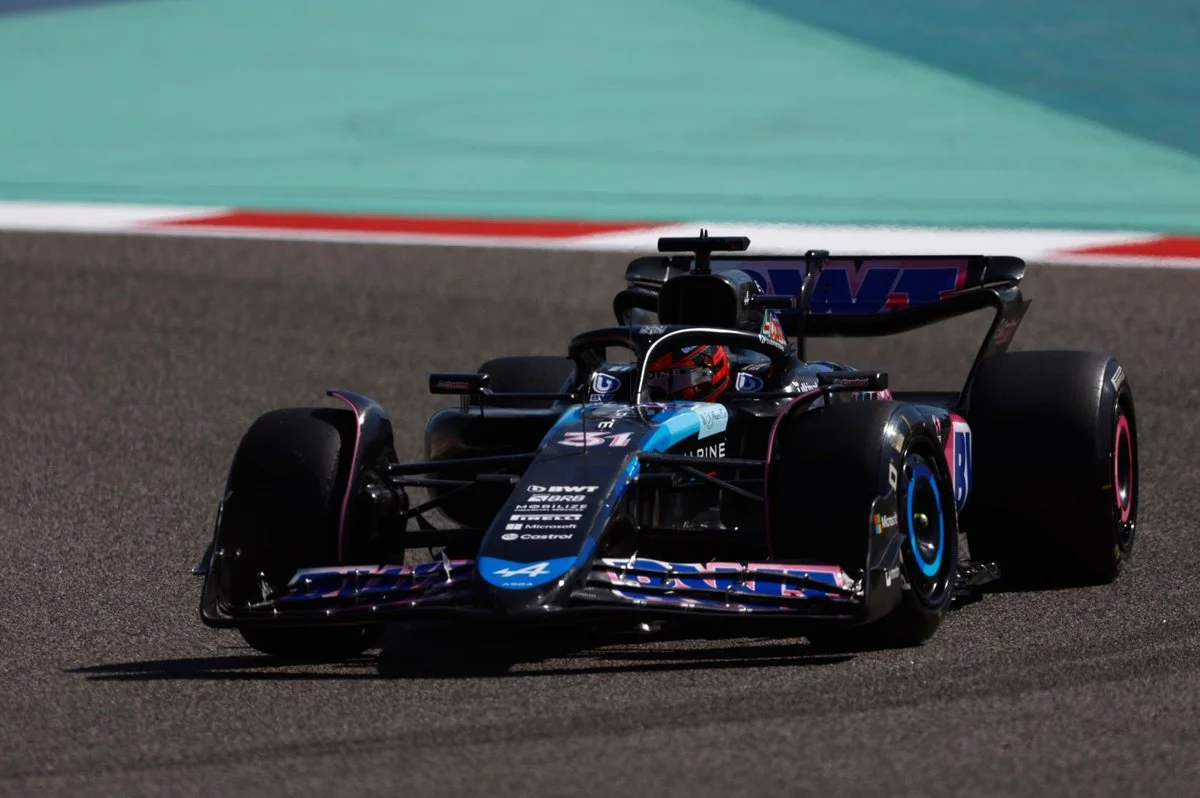
.jpg)
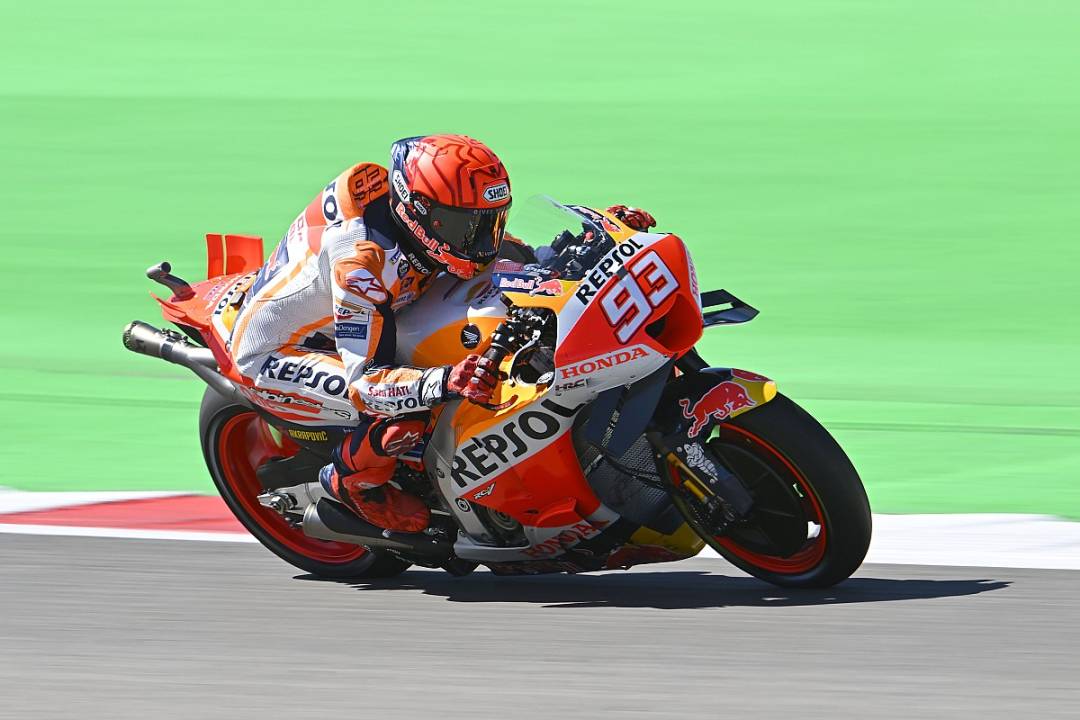
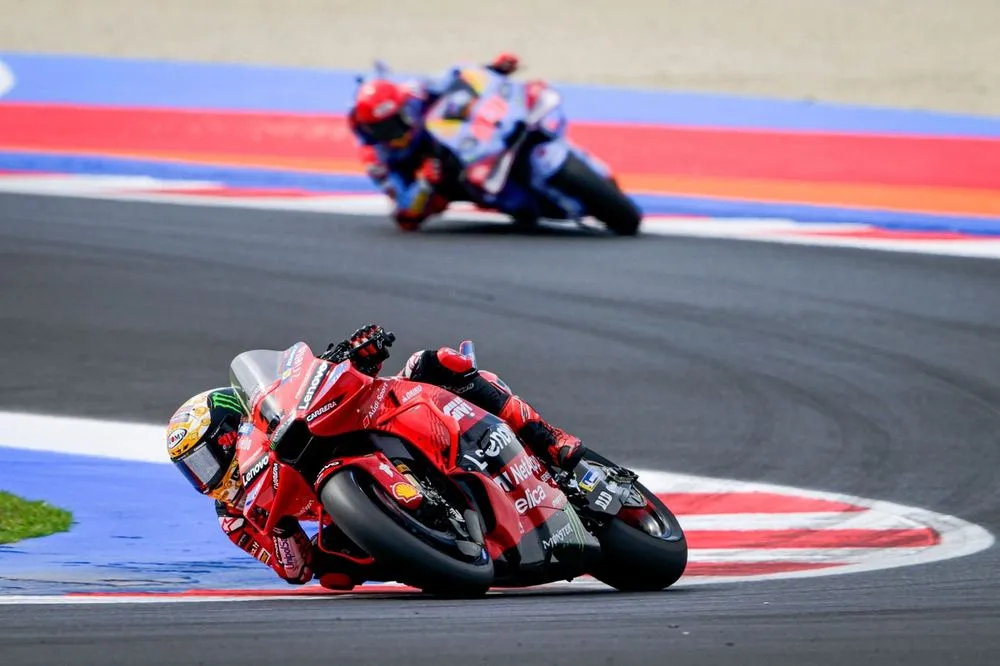

.webp)